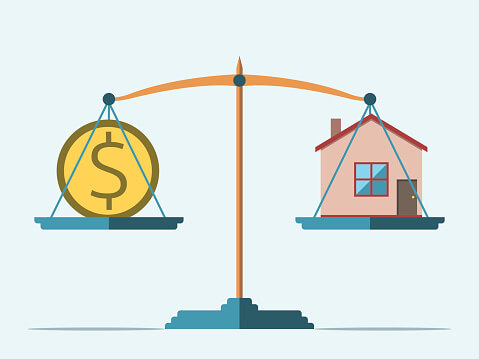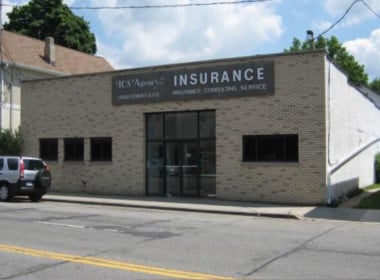How Does an Escrow Account Actually Work?
- February 03, 2017
- Mortgage, buying a house
- 0

If you are a home buyer, you are likely to have an escrow account, either by choice or as a home loan requirement. However, it is just as likely that you do not know what an escrow is or how it actually works. If you are shopping for a home, you will want to know everything there is to know about these helpful accounts.
What is an Escrow Account?
An escrow account is a separate bank account your lender uses to pay your property taxes and insurance.
After you have purchased a house, you make monthly payments into an account at the same time you pay your mortgage. The lender manages these funds and disburses tax and insurance payments when they are due.
Escrow accounts simplify homeowner’s bill payments. There’s just one payment required for things like homeowners insurance, mortgage insurance and flood insurance. The bank then takes care of the rest.
Lenders favor this practice, because it protects their loan. Homeowners who fall behind on property taxes are subject to a government lien, which puts the lender’s stake in the property at risk.

The Pros
1. A Built-in Savings Mechanism
Property taxes are usually due twice a year. If you haven’t been saving up, these payments can sneak up on you. Suddenly, thousands of dollars could be due in a short period of time. An escrow is helpful, because it equalizes payments in regular, monthly installments.
2. Less Worrying
With an escrow, you never have to worry about whether you made a payment or not. Your lender assumes the responsibility that your taxes and insurance are paid on-time and in full.
3. It Helps you get a Mortgage
Many lenders today won’t accept prospective home buyers who will not agree to an escrow. It also will give you the most mortgage options and the best rates.
The Cons
1. You must Pay Upfront
Some home buyers don’t like to us an escrow account, because it ties up their money. Potentially, you could be losing money by not investing the funds.
2. It’s Money you can’t Access
According to law, lenders can ask for up to a two-month cushion in your account in case property taxes or insurance rates go up. This is money that is inaccessible until you sell the property or pay off your loan.
Although not having an escrow grants financial flexibility, many choose it as a way to streamline the process of paying bills.








